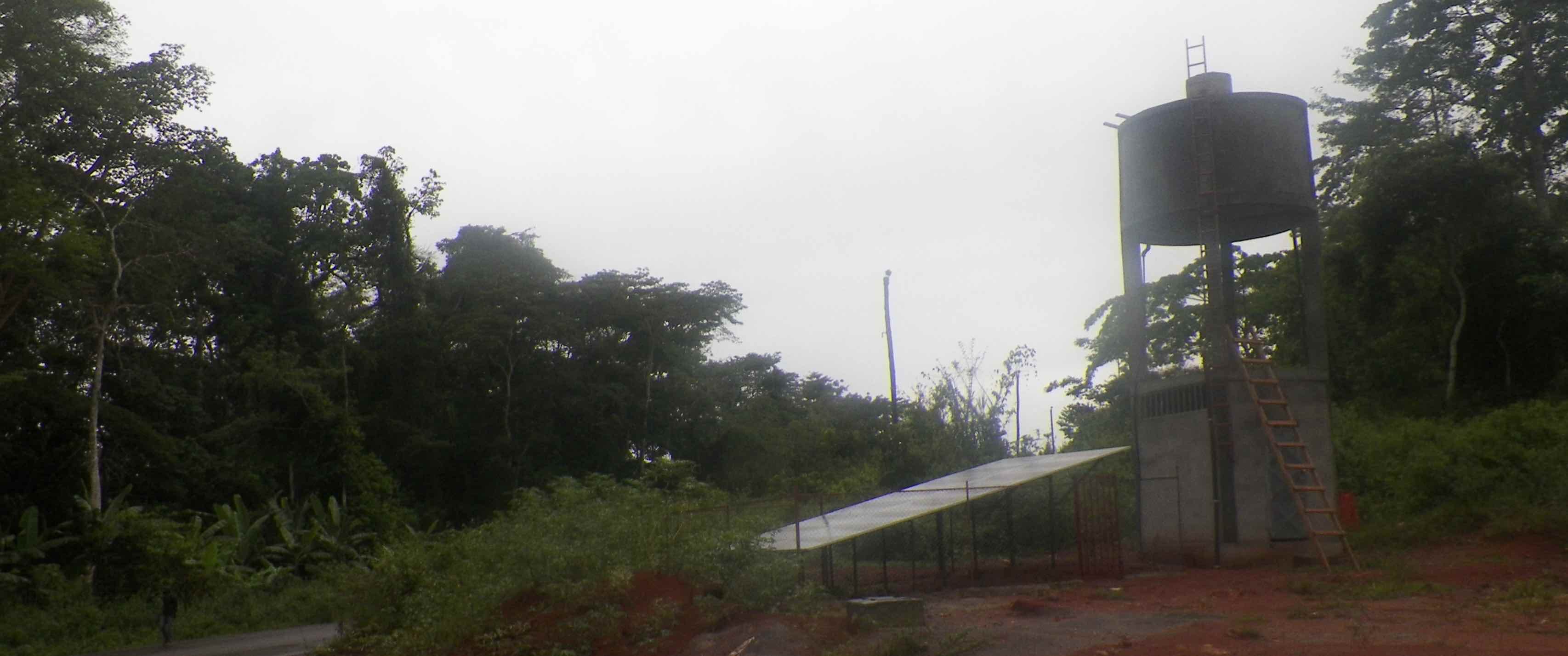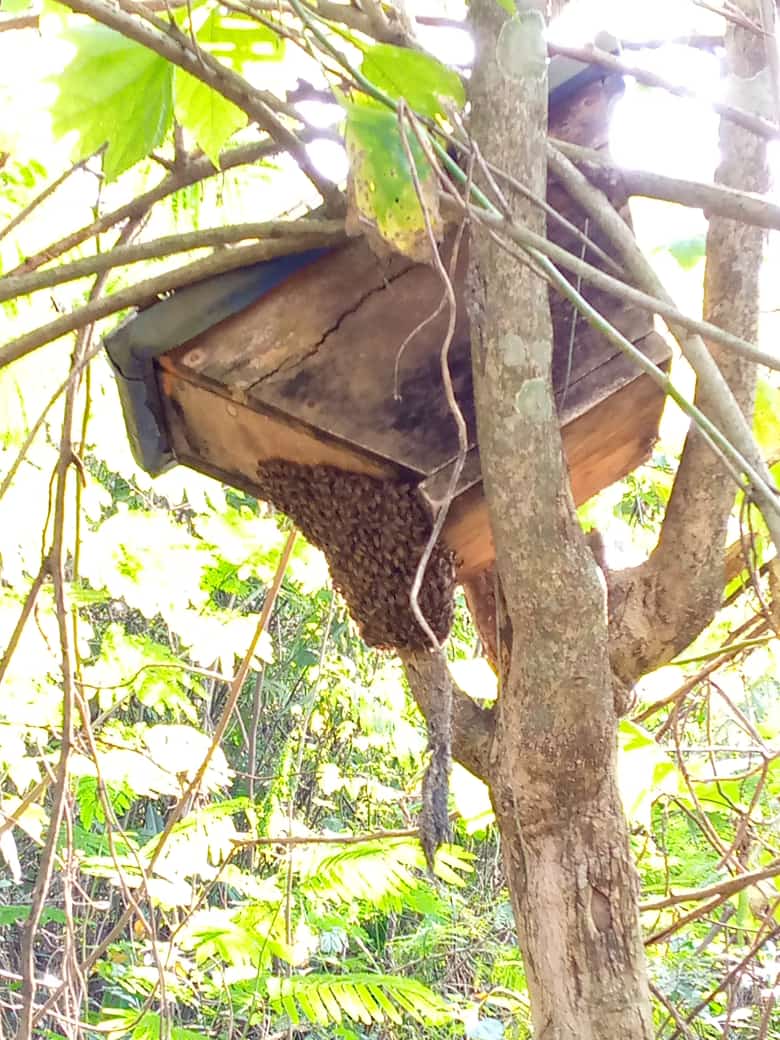
By Elias Ngalame Ntungwe
The Cameroon government has announced plans to open up forest plantations across the ten regions of the country as a means to step up its natural forest protection and push the fight against climate change.
The project, which begins in 2020 government says, will address the challenges of dwindling forests and help mitigate the effects of climate change by creating tree plantations from where forest resources for official use will now be tapped.
The government and local council-owned plantations will in the nearest future prevent the exploitation of existing natural forest, the government has announced.
Cameroon’s Minister of forestry and wildlife Jules Doret Ndongo made the announcement January 27, 2020 in Yaounde at the annual conference of the ministerial department.
The Minister said between 2012 and 2018, government spent over FCFA 4billion in the reforestation of degraded land. But the policy from 2020 will change with the creation of new tree plantations throughout the 360 local council areas in the country.
“This tree plantation policy is in line with the new decentralization code just adopted in the National Assembly to empower local councils better fight against poverty and the fight against climate change,” Minister Jule Doret Ndongo said.
Working with local councils, nongovernmental organizations and the private sector, the government seeks to conserve indigenous forest by opening up new forest plantations that will be hence be used for timber exploitation and other income generating schemes.
The decentralization reform in Cameroon will significantly boost development in the 360 local councils of the country and help in the sustainable development drive, he added.
The new Decentralization code now see local councils getting three times the hitherto 10% of state budget for their local development one of which is the creation of tree plantations.
The tree plantation creation reform is aimed at giving a new impetus to local development and the fight against illegal forest exploitation.
“Apart from selling carbon stocks from such forests, local councils will in the feature exploit such plantations to create jobs, reinforce resilience and of course better preserve their indigenous natural forest,” says Samuel Nguiffo, Director of the Centre for Environment, CED, in Yaounde.
Environment experts says when local communities take over control of their environment, forest plantation and exploitation, they will not only improve their livelihood but curb the effects of climate change in their communities.
“By creating local council tree plantations and forest, these communities are not only helping to fight poverty but also to combat global warming. They are also helping to reduce runoff water from the hills that causes floods and other climate change effects,” Nguiffo said.
A decision by the government to suppress 10% of the annual forestry royalties (AFR) to local communities in 2010 robbed them of their major source of revenue, stalling development efforts, like providing benches to schools.
Village authorities say the suppression of forest royalties handicapped their communities in no small way with many witnessing upsetting experience like studying in classrooms without benches amidst abundant forest resources in their area.
“We have suffered in recent past with the suspension of forest royalties to local communities. The coming of forest plantations, managed and run by local government is a welcome relief,” says Chief Ekosso Micheal of Binmi village in Kupemuanenguba division in the Southwest region of Cameroon.
Many local council authorities have saluted the new scheme that will not only go a long way to protect the environment but also fight poverty.
“The local councils need to be empowered to be able to fund their local development projects. These plantations will serve as one of such fund raising projects,” says Andrew Motanga, government delegate to the Limbe City Council.
They all expressed hope the new tree plantation project will help mitigate both climate change and poverty.










